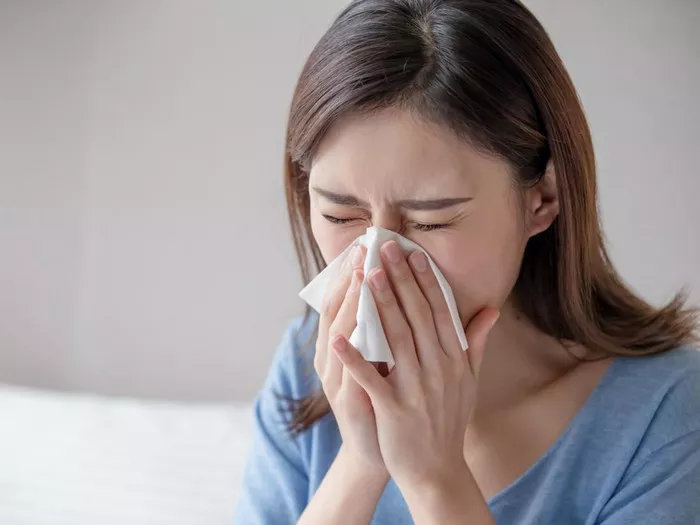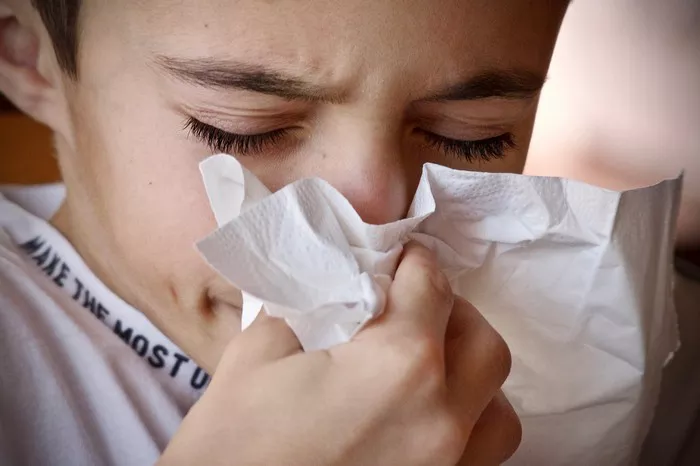Allergic rhinitis, commonly known as hay fever, affects millions worldwide, causing symptoms such as sneezing, itching, nasal congestion, and a runny nose. Among these, nasal congestion, or a stuffy nose, can be particularly bothersome, impacting quality of life and daily functioning. While allergies cannot be cured, there are numerous strategies to alleviate nasal congestion and improve overall comfort. In this comprehensive guide, we will explore various methods for treating a stuffy nose caused by allergies.
Understanding Allergic Rhinitis:
Before delving into treatment options, it’s crucial to understand the underlying mechanisms of allergic rhinitis. Allergic rhinitis occurs when the immune system overreacts to allergens such as pollen, dust mites, pet dander, or mold. Upon exposure to these triggers, the immune system releases chemicals like histamine, leading to inflammation of the nasal passages and subsequent symptoms.
Identifying Triggers:
The first step in managing allergic rhinitis is identifying and avoiding triggers. Keep a journal to track symptoms and potential allergen exposure. Common triggers include pollen, dust, mold, pet dander, and certain foods. Minimizing exposure to identified triggers can significantly reduce nasal congestion and other allergic symptoms.
Nasal Irrigation:
Nasal irrigation, also known as nasal douching or nasal lavage, involves rinsing the nasal passages with a saline solution. This technique helps remove irritants, allergens, and excess mucus from the nasal passages, providing relief from congestion and promoting better breathing. Neti pots, squeeze bottles, and nasal irrigation kits are readily available over the counter and can be used daily or as needed.
Nasal Sprays:
Over-the-counter nasal sprays can provide fast and effective relief from nasal congestion. Decongestant nasal sprays work by shrinking swollen blood vessels in the nasal passages, reducing congestion. However, these sprays should be used sparingly and for short durations to avoid rebound congestion. Saline nasal sprays are a safer alternative for long-term use, as they moisturize the nasal passages and help flush out allergens.
Antihistamines:
Antihistamines are medications that block the action of histamine, a chemical released during allergic reactions. These drugs alleviate symptoms such as sneezing, itching, and nasal congestion. They are available in various forms, including pills, liquids, and nasal sprays. Non-drowsy formulations are preferred for daytime use, while sedating antihistamines may be beneficial at bedtime for individuals experiencing sleep disturbances due to nasal congestion.
































